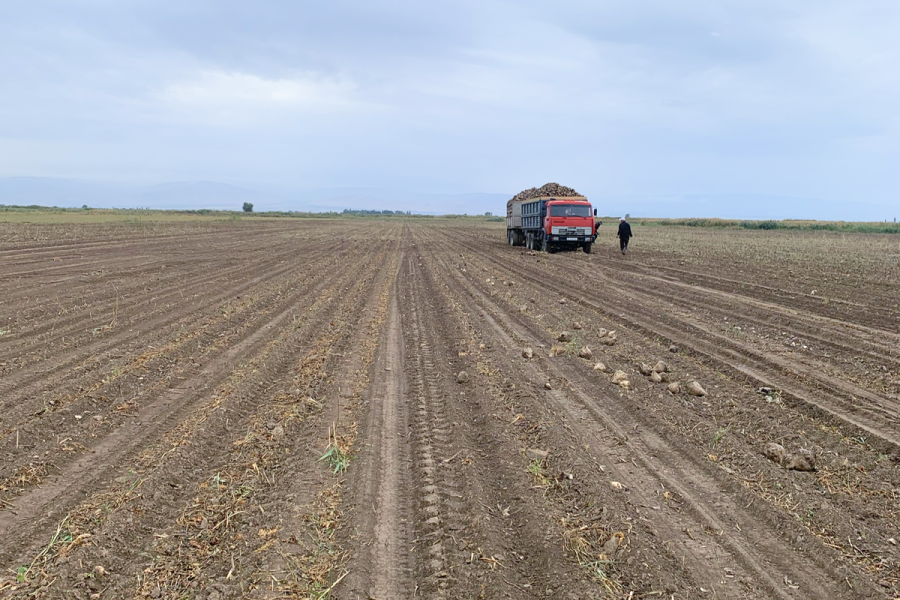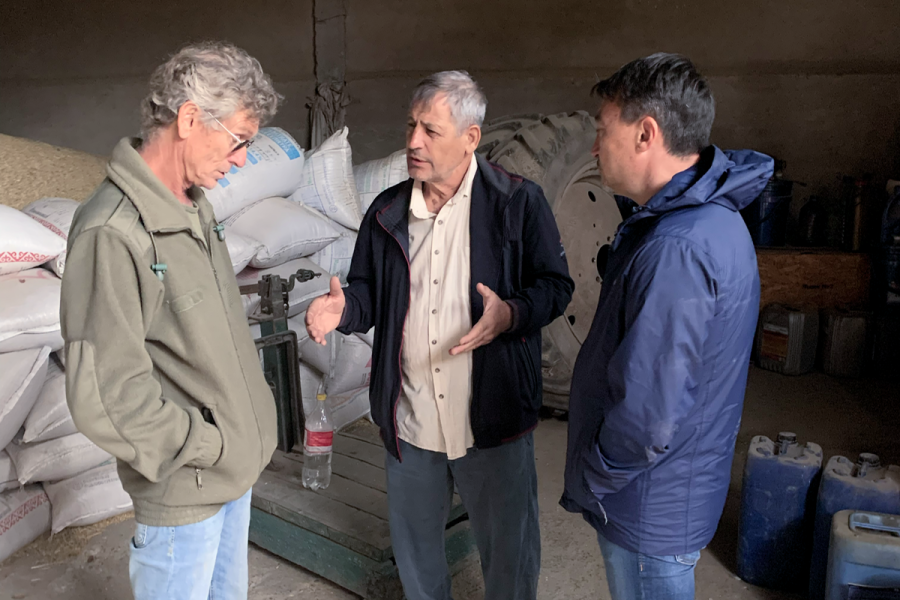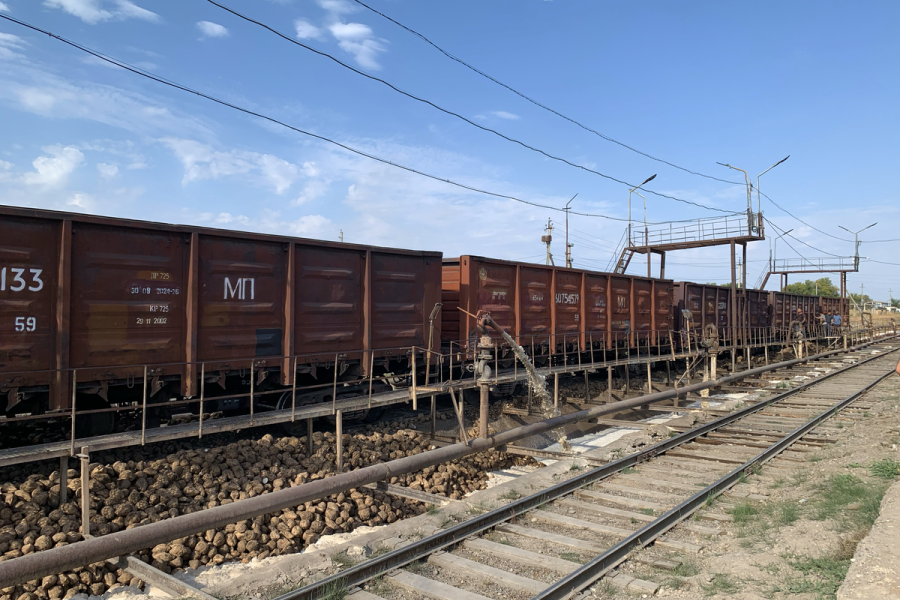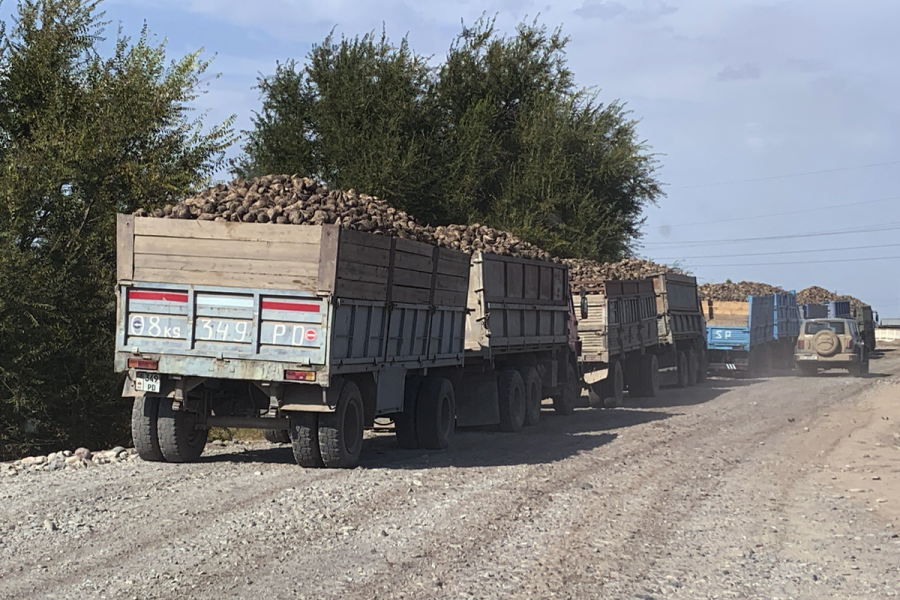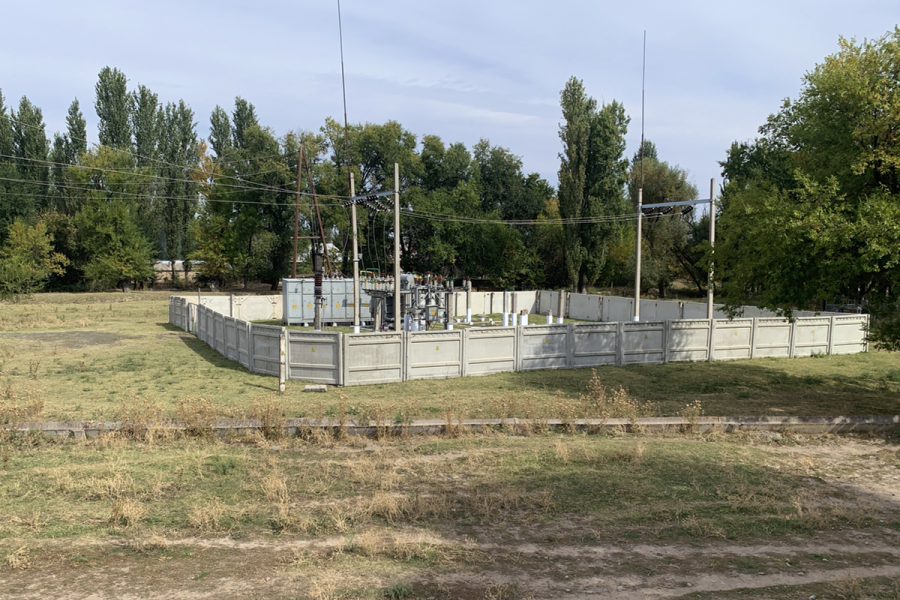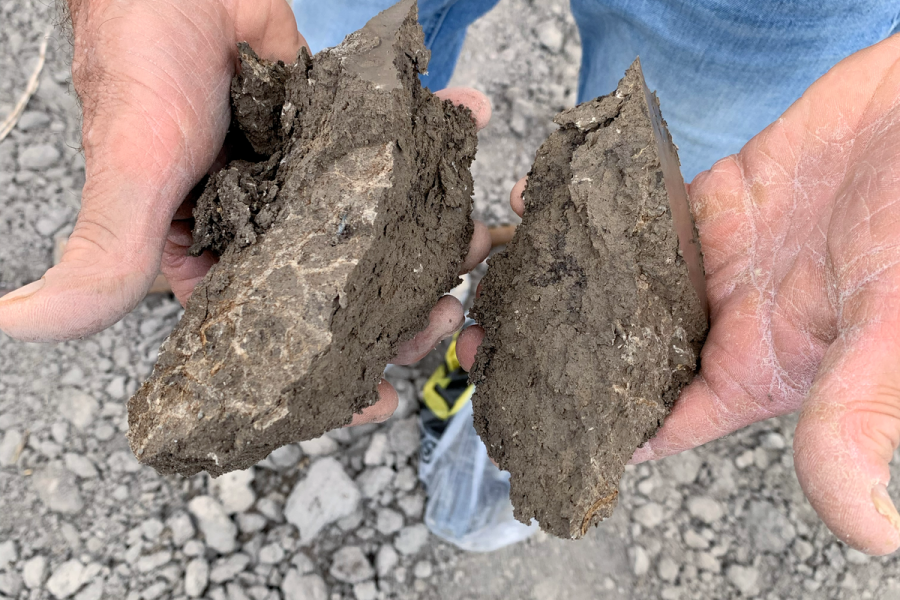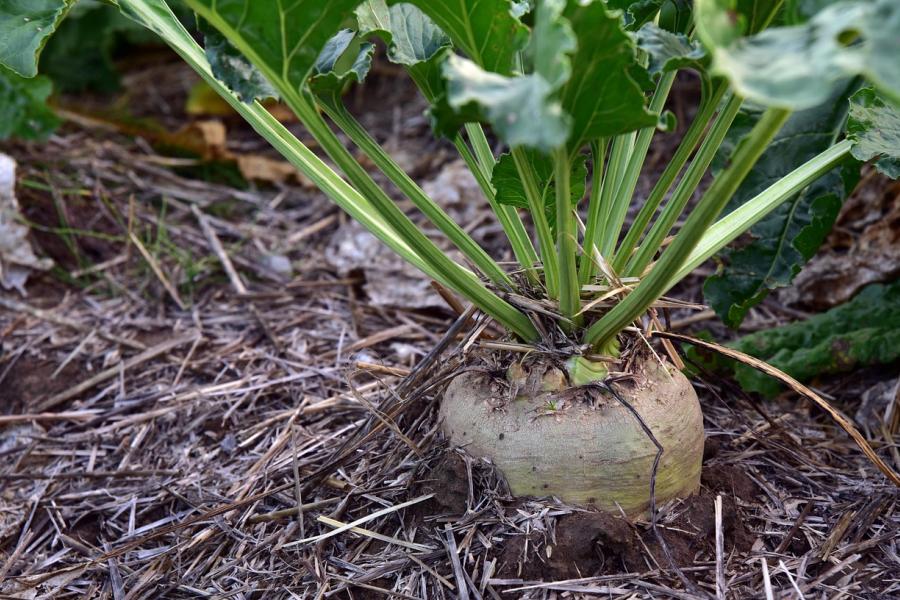
Appraisal of sugar beet production
Expert Farmer conducted a technical due diligence to support EBRD’s potential support to investment in sugar beet cultivation and pulse production in Kyrgyzstan. The project aims at vertically integrating sugar beet cultivation and sugar production by assessing land and infrastructure suitability for large-scale farming.

Appraisal of sugar beet production
Uncertainty over water supply infrastructure and total water availability posed several challenges to the definition of crop rotation and irrigation strategies.
The study enabled the client to refine his strategic approach by identifying viable land, infrastructural needs, and crop planning options, thus supporting informed investment decisions.
Methodology
The approach combined market analysis, agronomic evaluation, and site inspections. Our team reviewed input availability, infrastructure, and soil-climate compatibility across pre-identified sites. We have also assessed local farming practices, labor capacity, and environmental risks. Each site was rated with a go/no-go, and strategic advice was provided on phased development and sustainability-linked financing options such as solar irrigation and carbon credits.
Some of the performed activities
- Site and Soil Assessment: Field visits and soil sampling were conducted to evaluate topography, elevation, and soil structure. The assessment determined which areas are suitable for sugar beet cultivation and identified appropriate pivot irrigation configurations.
- Water and Climate Analysis: Empirical models were used to estimate potential evapotranspiration and water requirements for the target crops. The analysis identified the importance of reliable irrigation infrastructure and suggested conducting additional studies related to water and irrigation.
- Agricultural Sector Review: Our agro-economists have conducted a comprehensive analysis of regional crop production, market dynamics, and pricing trends. These findings informed crop selection and rotation strategies, ensuring alignment with local farming practices aiming at profitability maximization.
- Infrastructure and Input Availability: The Expert Farmer team has evaluated access to farm inputs, machinery, and energy to determine existing limitations and develop long-term recommendations for procurement and cost optimization.
- Human Resource Planning: An organizational structure and staffing plan were proposed for large-scale operations. The proposal includes training and incentive plans intended to support the project's objectives.
The European Bank for Reconstruction and Development (EBRD) is an international financial institution established in 1991 to support countries transitioning to market economies. Operating in over 30 economies across Europe, Asia, and Africa, the EBRD promotes private sector development, democratic governance, and sustainable growth.
Agriculture is a strategic priority for the EBRD. Through its Food and Agribusiness Strategy, the Bank supports the transformation of food systems to be more sustainable, inclusive, and resilient. It invests in farming, processing, logistics, and retail, offering tailored financial products and technical assistance to agribusinesses. The EBRD also works with governments to improve agricultural policy and infrastructure, fostering innovation and climate-smart practices.
With over €15 billion invested in agribusiness, the EBRD plays a key role in enhancing food security, rural livelihoods, and environmental sustainability across its regions. Its commitment reflects a belief that agriculture is not only vital for economic development but also for social stability and ecological balance.
